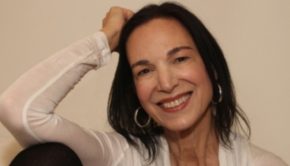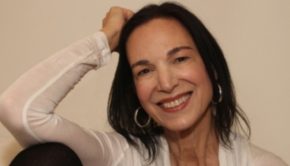A Doctor’s Dreams
Your doctors went to medical school with high hopes and big dreams. They were smart, good students, and wanted to do the best for their patients one day. They went through years of study, and nearly inhuman hours worked in residency. Then finally, it happened, and the dream was fulfilled: becoming a licensed, bona fide, independent physician.
But, coming into the world of post-training medical practice, things were not all as they may have imagined. Long hours and yards of paperwork didn’t end with residency; things just changed. Earning a sizeable salary commensurate with the many years of work and dedication was not by any means a slam dunk. Relatively modest insurance reimbursements made it necessary to see more patients per day than was comfortable or medical- ideal. Patient visits had to be limited in length, or too many longer-than-5-to-10-minute visits would be frowned upon by insurance companies; getting cut from any major insurance panel could mean an immediate significant drop in annual income. Ordering all of the tests of interest had to be counterbalanced with the possibility that too many tests would again raise eyebrows or lead to being dropped by an insurance provider altogether. Or, just as bad, tests might not all be covered by insurance providers, leading an unhappy patient to cover unexpected costs.
And what of the paperwork? It has been said that the typical electronic record chart may consist of roughly 16,000 words to be reviewed and addressed by the examining physician for each and every individual patient whereas the entire play Hamlet, by William Shakespeare, consists of approximately 30,000 words. So, each time a physician writes up a patient chart, which he does numerous times, perhaps 30 to 50 times daily, he must cover half of the play Hamlet in verbiage. Not only is this startling, but clearly it means that the physician must run through each record at breakneck speed and is not easily if at all able to attend to every recorded detail with the highest level of care or accuracy. An exhausting reality.
The physician may go on to join a large group to eliminate some administrative and business -related stresses. This may help or it may not. But then comes the loss of autonomy, more organizational regulations, and the requirement to conform to a group philosophy of how medicine should be practiced. Higher compensation? Perhaps. But diminished doctor-patient relationships and often less home/family/personal time for the doctor to be himself are very often the consequences. And isn’t that “doctor-person” an essential element in caring well for patients? And in keeping the doctor satisfied and happy to remain a doctor and to his work with ongoing zest for life and dedication?
Self-employed docs are known to be happier with their practices than those in group practices or corporate practices, less burnout. More time with each patient is not only good for the patient, but also for the doctor. The ability to work without direct restriction by insurance panels and corporate higher-ups regarding time, testing, treatment, etc. and to instead pay real attention to a patient as a whole is one of the great joys for both physician and patient in the world of functional medicine. And overall turn towards this model, where doctor and patient cooperate, grow, and work together as a team on the physical emotional, mental, and spiritual aspects of individual health is the hope of the future for medicine as a whole. It is thankfully available today to those ready to step slightly outside the box and choose it.
Since initially being mentored by Dr. Robert Atkins, Robin Ellen Leder, M.D., has worked at her Hackensack office to address a wide variety of specific, often difficult-to-treat, medical; issues, seeking the underlying “root causes” and correcting chemical, physical, and emotional imbalances. Using innovative, functional medical testing in combination with the best of traditional medicine, IV therapies, chelation therapy, diet/nutrient programs and behavioral change, she has successfully guided thousands of patients one-on-one to optimal short- and long-term health.





























